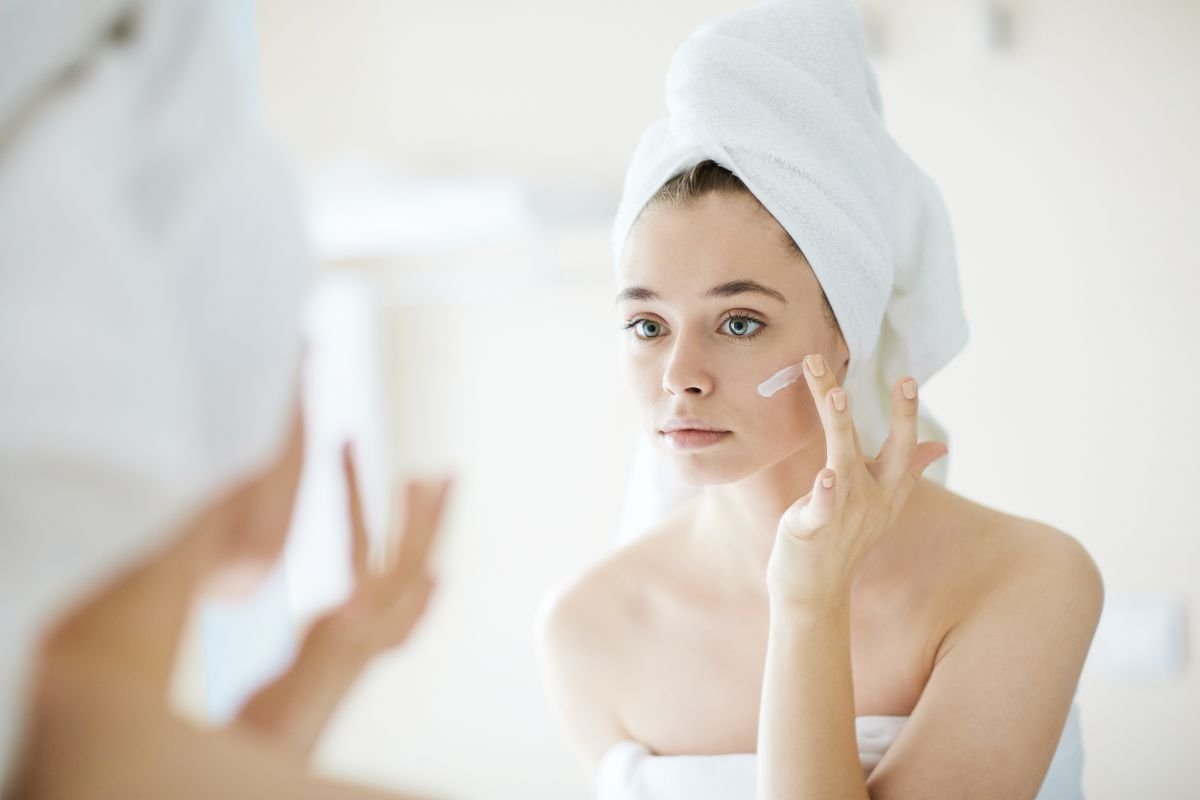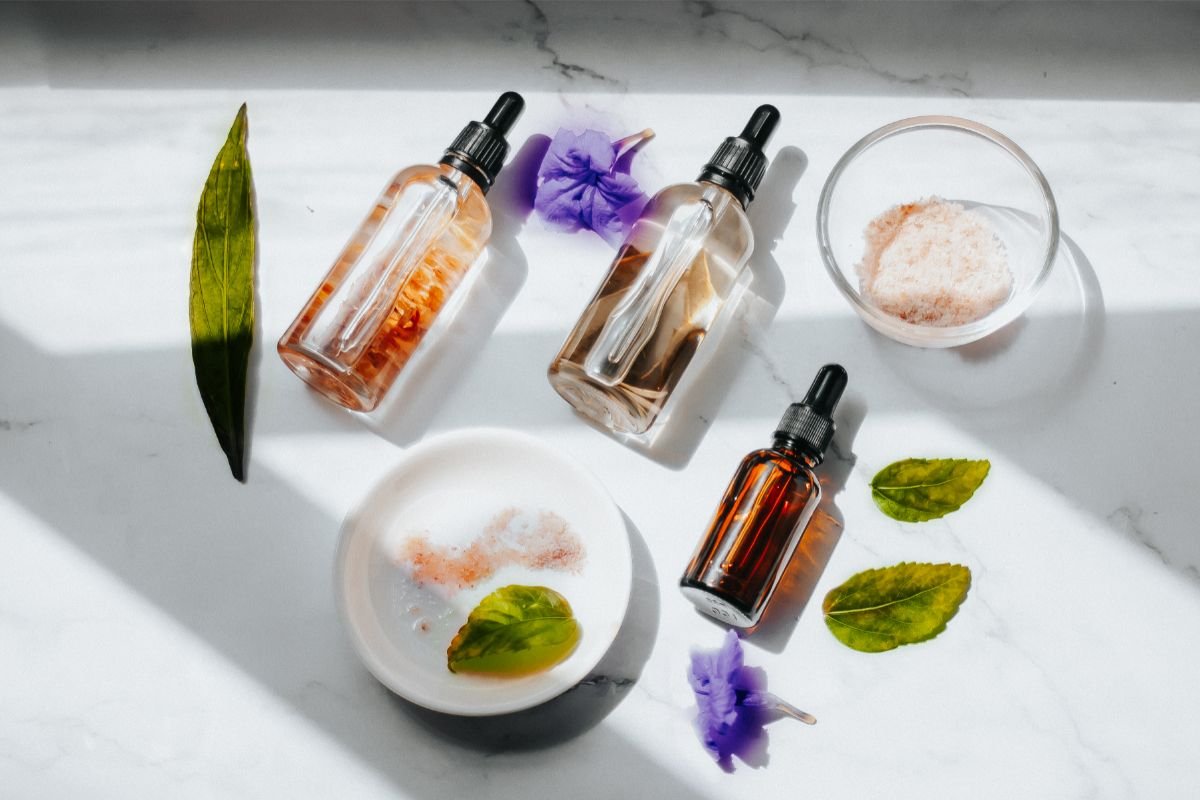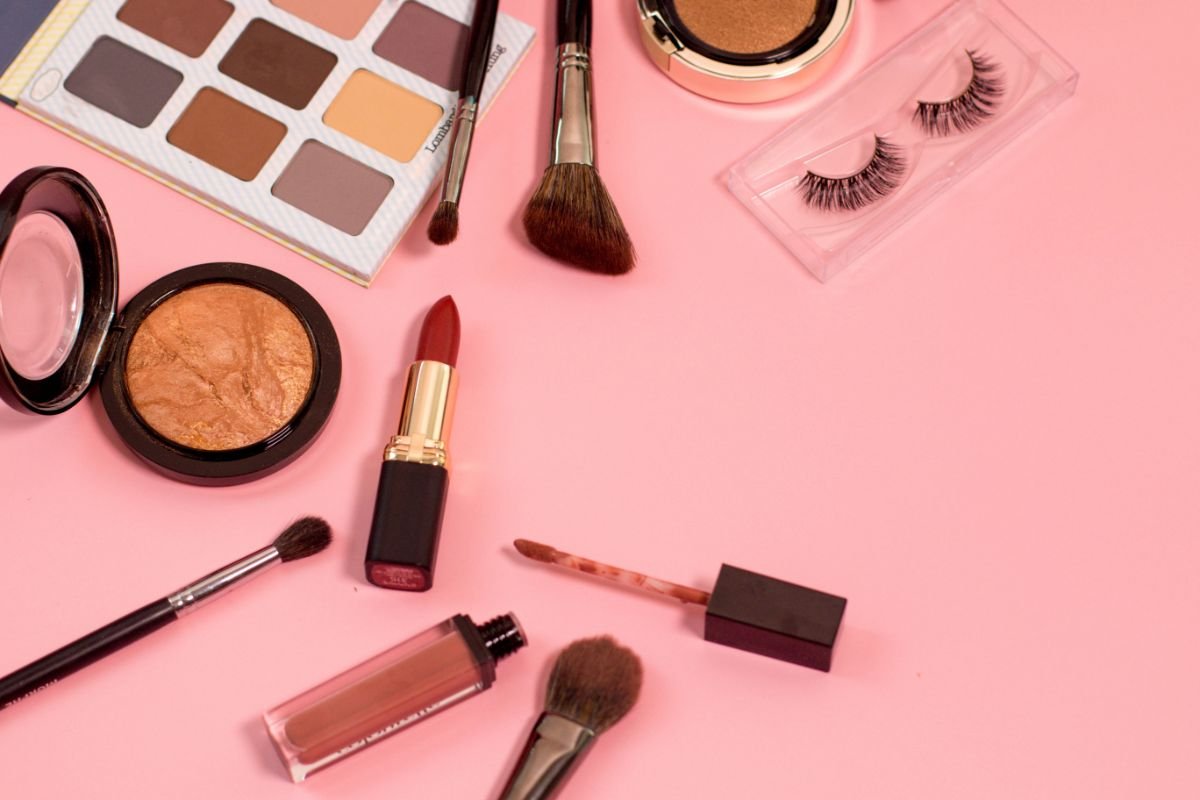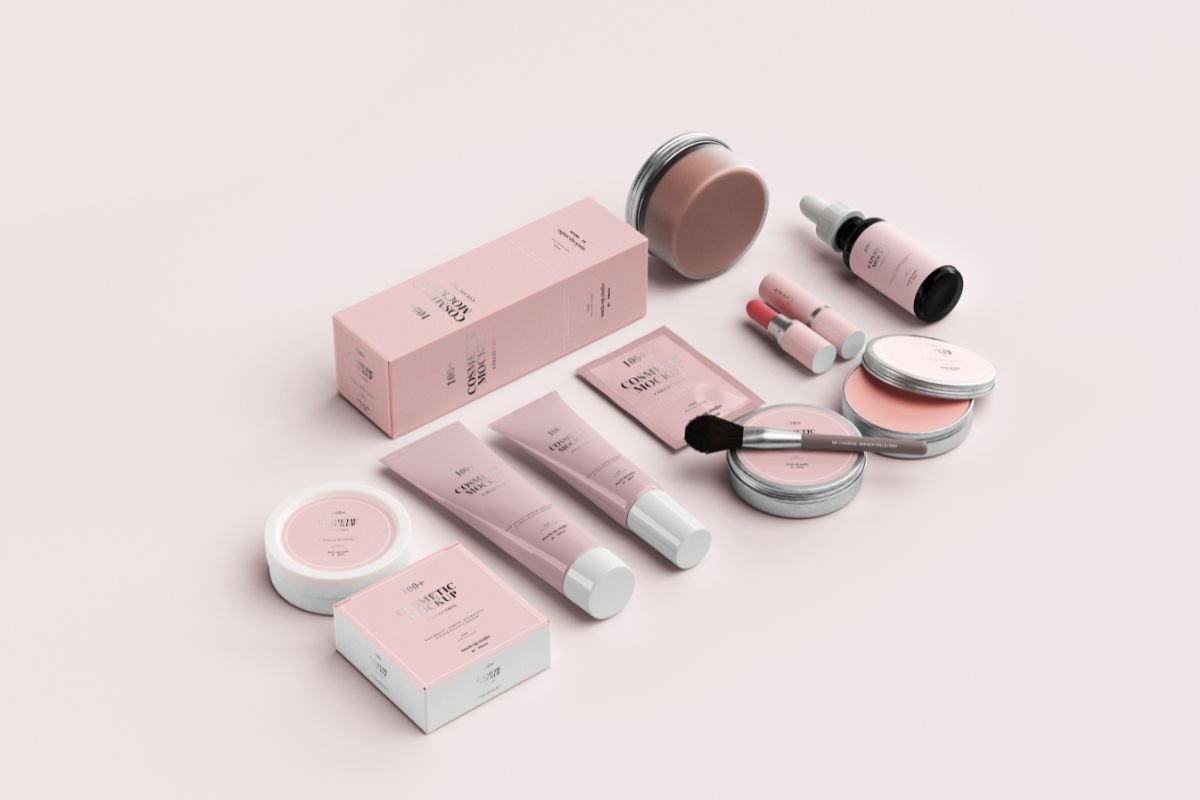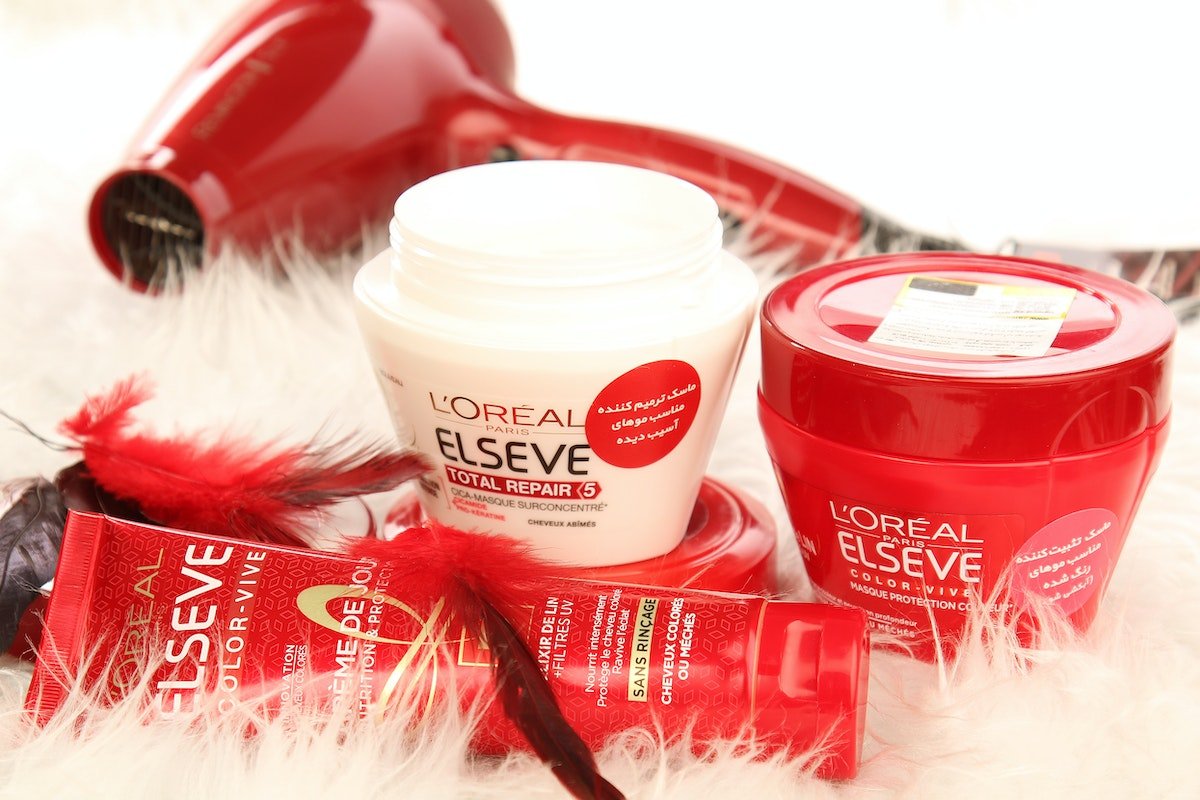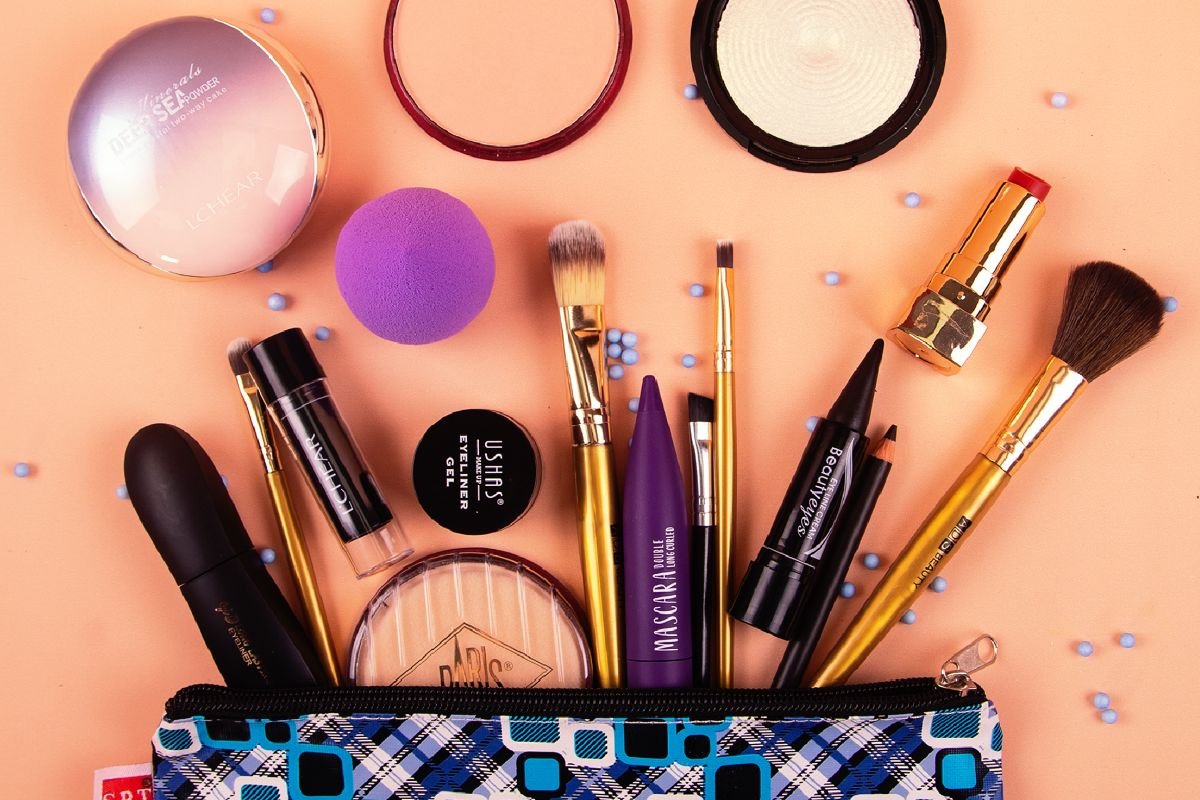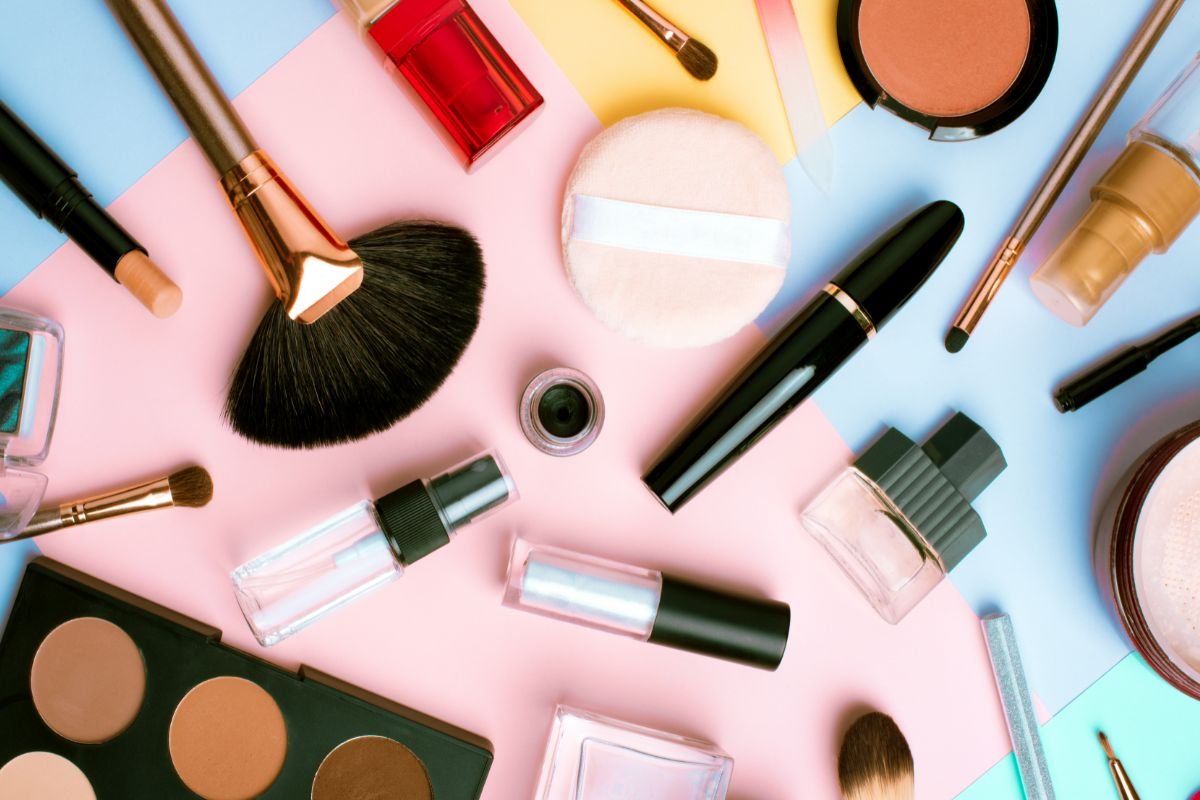Nivea is a popular cosmetics brand, who specializes in numerous products, ranging from body washes, to shampoos, and even deodorant.
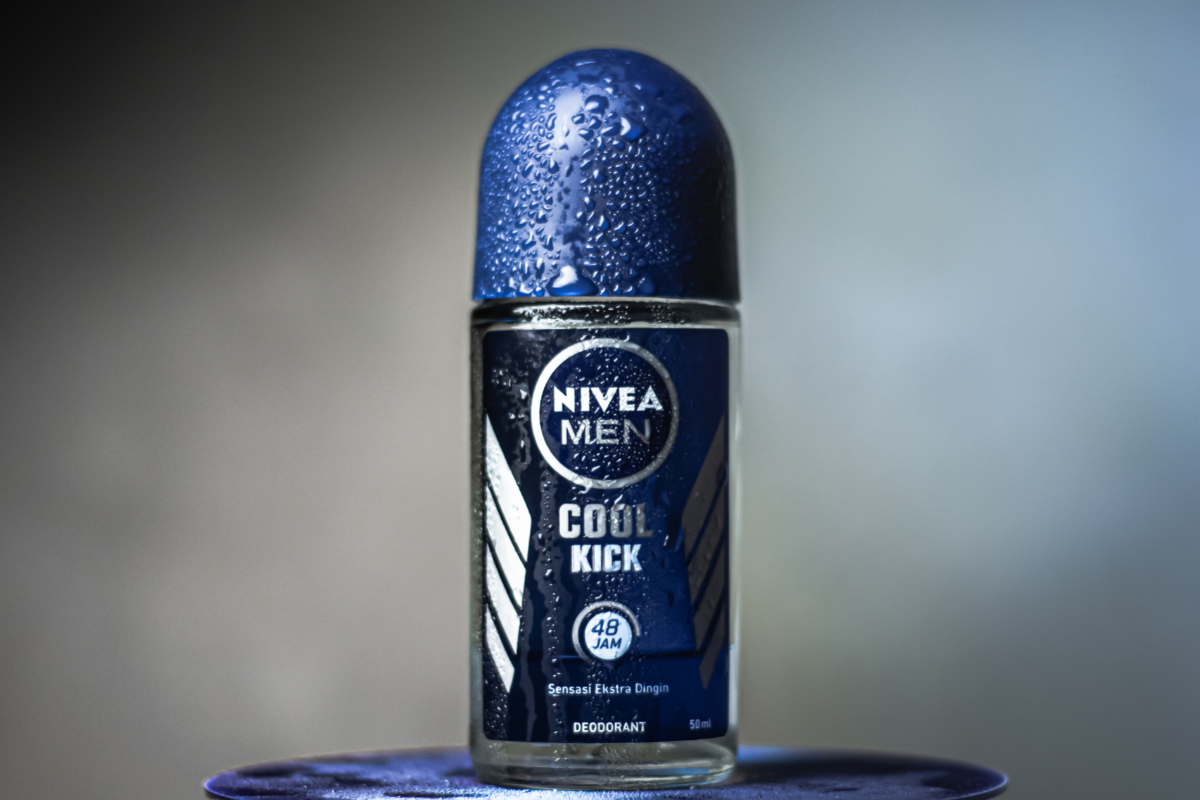
But while their product range is favored by many, how well do their ethics stand against modern attitudes to product testing and the treatment of animals?
How Do Nivea Test Their Products?
While Nivea as a company do not actively test their products on animals, they do condone the use of animal testing in countries and regions where it is governmentally required.
The most prominent example is mainland China, where foreign products must be animal tested before they can be sold to the domestic Chinese market.
From an ethical standpoint, particularly amongst vegans and animal rights activists, this makes Nivea unethical, and unsuitable for use – at least in a moral sense.
Are Nivea Certified Cruelty-Free?
No, Nivea are not certified cruelty-free, as only companies who neither actively test on animals, nor passively allow other countries to test their products on animals, can be classified as such in a legal sense.
What Is Nivea’s Official Policy?
As far as animal testing goes, Nivea’s official policy states that they do not carry products that are tested on animals or any living creature. However, they then have the caveat that they will allow this when it is required by law.
From an ethical sense, many detractors of the cosmetics industry would say the company is placing their own profits over the wellbeing of animals, which makes them inexcusable – despite their attempts at ethics.
What’s more, while Nivea supposedly has a clearly defined code of conduct for their business practices, it is not available to the public, and cannot be accessed by anyone concerned about the company’s ethical practices.
What Does Their Policy Tell Us?
In essence, the policy is a non-answer to the question of ‘whether or not they test on animals’, and says nothing about their suppliers, or the manufacturers of the products they stock and sell.
While the company in question doesn’t actively condone the testing of cosmetic products on animals, that is not the same as saying they actively discourage it, nor is it a guarantee that they do not do business with companies who do.
The only promise they actually give is that they are in open dialogues with the companies and countries they do business with, sharing with them the best, modern, humane practices for testing cosmetics.
However, the only confirmation they give of the efforts made is that they ‘screen’ and ‘audit’ the companies they do business with, and the particular products they stock and sell.
However, vagaries like the above statements tend to not sit well with animal rights activists, nor with anyone with a conscience regarding the products they use.
Not to mention, when combined with the fact that they gladly do business with China.
Despite the country’s issues with widespread animal testing suggests that they could easily have the same working relationship with similarly minded manufacturers.
Which goes a long way to dissuade their critics from considering their pleas of ethical responsibilty.
What Is The Criteria For Cruelty-Free?

For a company to be actively considered cruelty-free, they have to only produce, stock, and sell products made by companies who one hundred percent do not test their products on animals.
This spans the whole production process, not to mention the ethics of the countries with which the companies do business.
This would mean that a truly cruelty-free and ethically minded company would only do business with countries that observe cruelty-free testing laws, and would actively shun countries like China that do not.
However, it is worth mentioning that China have made various efforts in recent years to improve their animal testing standards, and it is now no longer a legal requirement for shampoos and make-up to be tested on animals within the country.
This is obviously a step in the right direction, but there are countless other products that are still tested on animals, and which the country (and their affiliated companies) continue to support and condone.
Products & By-Products
What’s more, most vegans, vegetarians, and animal rights organizations do not simply stop at animal testing when categorizing a company or product line as cruelty-free.
They are also against animal products – such as fats and oils – being used in cosmetic products, as well as the by-products that animals produce, such as beeswax, or other substances like lanolin.
Is Nivea Considered Vegan?
This is, unfortunately, another no.
While the products themselves might not contain any animal products – although this is not confirmed – the fact that the company does business with unethical sources is enough for most vegans to consider them not suitable for their chosen lifestyles.
Veganism, and vegetarianism for that matter, are built on a foundation of being opposed to animal cruelty in whatever form it takes, with animal testing being at the forefront of many such discussions.
How To Discern Cruelty-Free Brands?
There are clearly defined ways to discern whether a particular product or brand is cruelty-free.
Unfortunately, there isn’t an official regulating body for the term ‘cruelty-free’.
However, there are third party certification bodies who can assign companies and products a marker of cruelty-free, which is the main way those concerned can discern a company’s true nature.
Some notable certifications are Leaping Bunny, PETA’s cruelty-free under beauty without bunnies, and Cruelty-Free International.
Final Thoughts
And there we have it, everything you need to know about Nivea, and whether they are considered cruelty-free.
While it may seem difficult to find brands that follow ethical guidelines, there are luckily countless independent companies out there, all of whom sell leading, clean products that are tested in ethically sound ways.
So if you want to follow more ethical brands, and avoid the harmful practices of big business, then all you need to do is check the certification, and do your homework!
- 15 Amazing Vegan UGG Boots Not To Miss Out On - November 23, 2022
- 15 Vegan Running Shoes To Brighten Up Your Wardrobe - November 23, 2022
- 8 Best VEJA Vegan Sneakers To Buy Today - November 22, 2022


